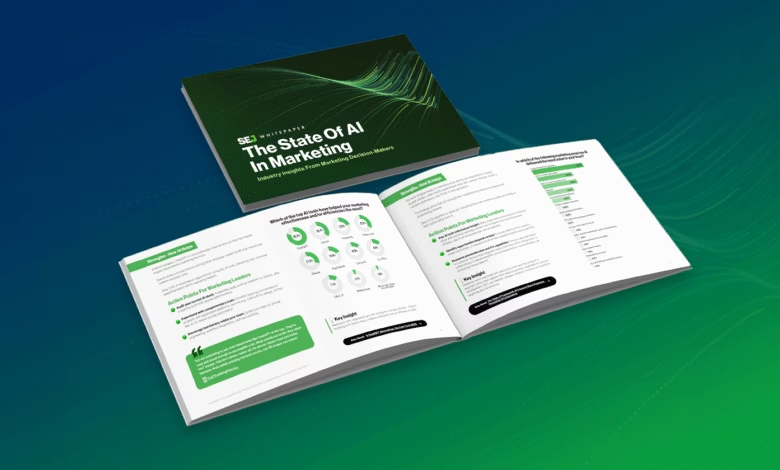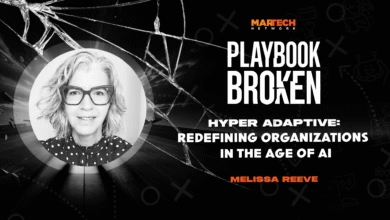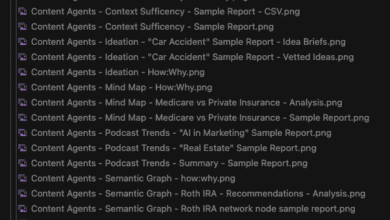6 AI Marketing Trends Leaders Are Watching in 2024

▼ Summary
– AI is being rapidly adopted in marketing, but its effectiveness is hindered by a lack of clear benchmarks and data, prompting the creation of the State of AI In Marketing report.
– ChatGPT is the most widely used AI tool among marketers (83%), but other tools like Gemini and Claude are also gaining traction as part of multi-tool “stacks.”
– Content creation, optimization, and idea generation are the areas where AI has delivered the most value, with 64.5% of marketers reporting benefits in content creation.
– While 76.8% of marketers cite time savings as AI’s biggest benefit, strategic metrics like lead quality remain unchanged, and output quality (54.2%) and misinformation (62.6%) are top concerns.
– Marketing leaders plan to invest in proven AI applications like analytics and content production, with predictions of a content explosion and reshaped search industry in the next year.
The marketing landscape is undergoing a seismic shift as artificial intelligence transforms how brands create, optimize, and measure campaigns. While adoption rates soar, many organizations still grapple with harnessing AI’s full potential amid quality concerns and strategic uncertainties. A recent industry survey reveals critical insights from 155 senior marketing executives about what’s working—and what isn’t—in today’s AI-driven environment.
ChatGPT leads the pack with 83% of marketers reporting measurable efficiency gains, though alternative platforms like Gemini and Claude are gaining traction as professionals build customized AI toolkits. Content creation emerges as the clearest beneficiary, with 64.5% of teams leveraging AI for drafting copy, 43.9% for optimization, and a matching percentage for brainstorming. Rather than replacing human creativity, these tools serve as accelerators—helping teams overcome blocks while preserving strategic oversight.
Time savings dominate the benefits, cited by 76.8% of respondents as AI’s most tangible impact. Reclaimed hours allow marketers to focus on high-value initiatives, though measurable ROI in areas like lead quality remains elusive. Over half (54.2%) express concerns about inconsistent output quality, emphasizing the need for rigorous human review before deployment.
Misinformation risks overshadow job security fears, with 62.6% ranking inaccurate AI-generated content as their primary apprehension. This underscores the growing importance of verification protocols as brands balance automation with credibility. Forward-looking teams are already adjusting investments, with analytics, customer experience enhancements, and content production tools receiving prioritized funding.
Industry predictions reveal divergent expectations: some anticipate a flood of generic AI content raising quality standards, while others foresee democratized access leveling the playing field for smaller businesses. The full report details emerging team structures, governance frameworks, and projected areas of disruption—from search engine evolution to performance tracking innovations.
For marketing leaders navigating this transformation, the findings provide actionable benchmarks to evaluate tool efficacy, allocate resources strategically, and implement safeguards against common pitfalls. As AI continues reshaping the discipline, these insights offer a compass for organizations aiming to harness its potential without compromising brand integrity or customer trust.
(Image: Paulo Bobita/Search Engine Journal)
(Source: Search Engine Journal)





